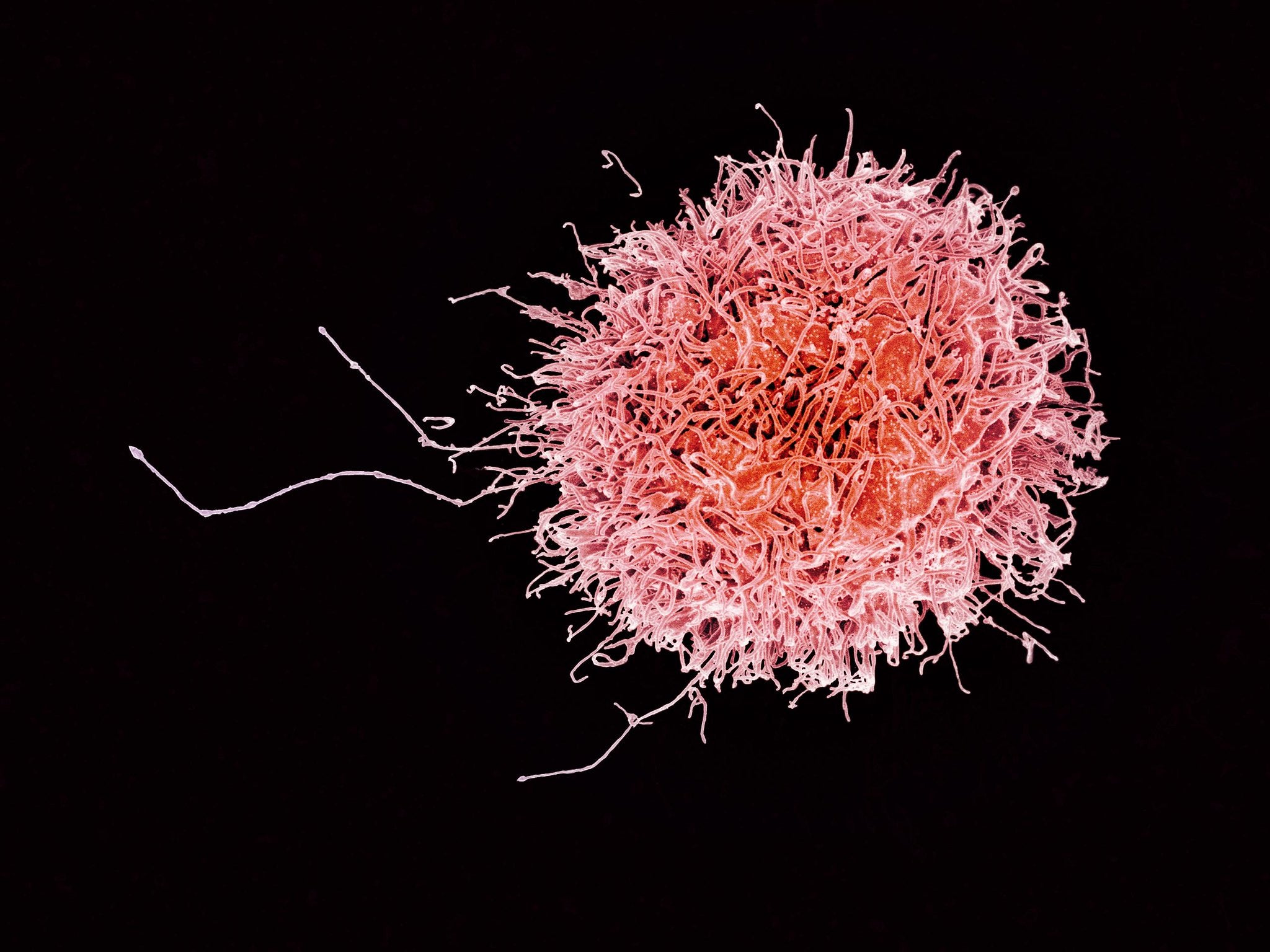
Biogen has started dosing participants in the Phase III TOPAZ-1 clinical trial of BIIB059 for the treatment of active systemic lupus erythematosus (SLE).
BIIB059 is a humanised IgG1 monoclonal antibody (mAb) that acts on blood dendritic cell antigen 2 (BDCA2). It is being developed to potentially treat SLE and cutaneous lupus erythematosus (CLE).

Discover B2B Marketing That Performs
Combine business intelligence and editorial excellence to reach engaged professionals across 36 leading media platforms.
The multi-centre, randomised double-blind, placebo-controlled TOPAZ-1 trial will test the safety and clinical efficacy of the drug candidate in 540 active SLE patients, when compared to placebo, at roughly 135 centres globally.
Apart from their ongoing lupus therapy, participants in the 52-week trial will be administered subcutaneous BIIB059 at one of two doses or placebo every four weeks, followed by another dose at week 2.
The trial’s primary objective is a decrease in disease activity determined as the proportion of subjects experiencing an SLE Responder Index-4 (SRI-4) response at week 52.
Key secondary endpoints include other efficacy parameters, such as SRI-4 response at week 24, oral corticosteroid use, organ-specific disease activity (joint and/or skin) and flare rates.

US Tariffs are shifting - will you react or anticipate?
Don’t let policy changes catch you off guard. Stay proactive with real-time data and expert analysis.
By GlobalDataTOPAZ-1 is based on the data from the Phase II LILAC trial, where BIIB059 met its primary endpoint with a statistically significant decrease of disease activity in SLE patients.
Biogen Multiple Sclerosis and Immunology Development unit head Nathalie Franchimont said: “We have set enrolment targets that reflect the prevalence of SLE in African-American and Hispanic/Latinx communities with the aim to achieve appropriate representation in the TOPAZ-1 study.”
This development comes a day after the company reported that its Alzheimer’s disease treatment candidate, gosuranemab (BIIB092), failed to meet the primary efficacy endpoint in the Phase II TANGO clinical trial.
Based on TANGO data, Biogen decided to discontinue the clinical development of gosuranemab, which targets the N-terminus of tau.
Last week, Biogen and its partner Eisai received accelerated approval from the US Food and Drug Administration for their human monoclonal antibody Aduhelm (aducanumab-avwa) to treat Alzheimer’s.





